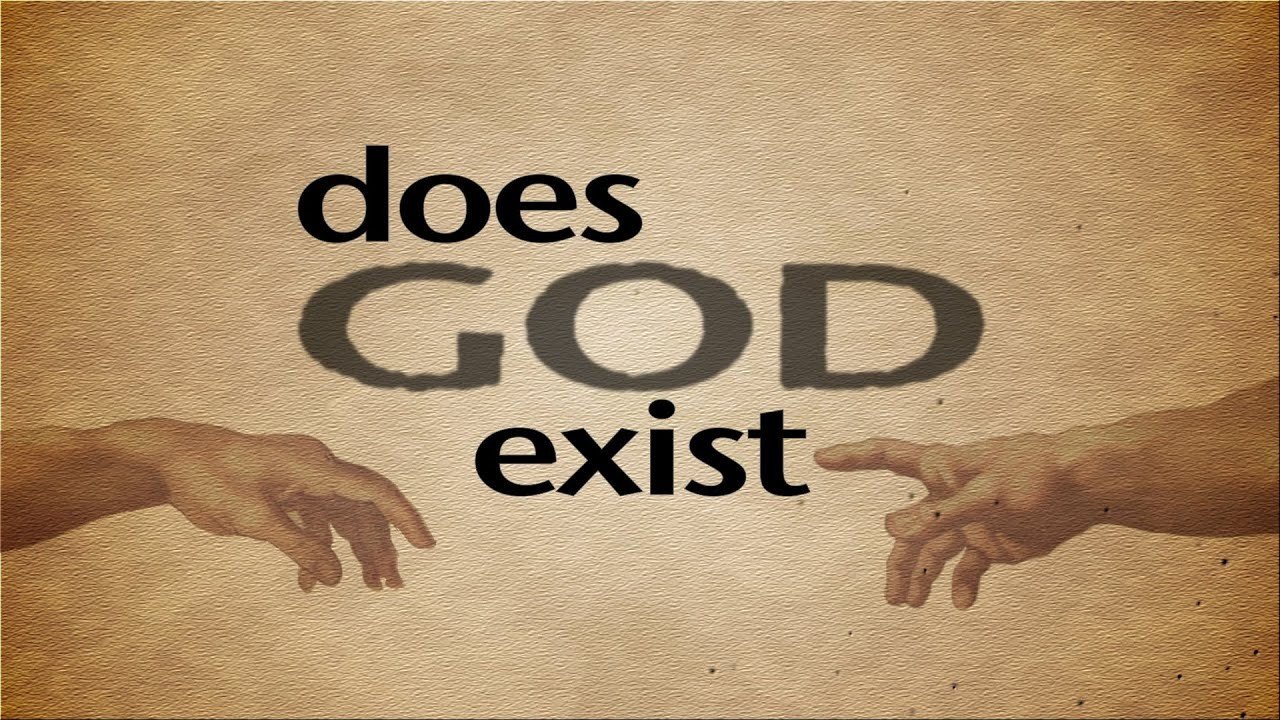One of the most widely discussed and debated questions in the world today is whether God exists. Historians, theologians, and scientists alike have discussed, studied, and pondered this question for centuries. With vastly different points of view on the subject, it is unclear which side, if any, is correct. Though no one can definitively answer “yes” or “no” to this question, this article will explore the different arguments and opinions surrounding the existence of God as well as the evidence that supports such arguments. Ultimately, the reader must decide for themselves whether God exists or not.
Arguments for God’s Existence
One of the most commonly accepted arguments for the existence of God is the design argument. This argument is often referred to as the teleological argument and states that the universe was intelligently designed for a specific purpose. William Paley, an eighteenth-century British theologian, articulated this argument when he stated that if someone stumbled upon a watch on the ground, it would be clear that the watch was designed to do a specific task (telling time). Therefore, given the complexity of the universe, Paley stated it must have also been designed. Thus, the design argument states that the universe was created and designed by some sort of creator, which is commonly attributed to God.
Another well-known argument for the existence of God is the ontological argument. This argument states that, since God is the greatest being imaginable, it must exist within the minds of all human beings, in a sense. This argument is typically attributed to the medieval philosopher Anselm of Canterbury who believed that God is a being so perfect that it must exist. In his argument, Anselm states that “God, existing in reality, is greater than God, existing only in the imagination”. Though this argument has been debated and reworked by many prominent philosophers, the underlying conclusion is that because the concept of God is so great, it must exist.
A third and final argument for the existence of God is the cosmological argument. This argument states that since the universe had a beginning, it must have had a cause. Thus, something must have created the universe and this being is often attributed to being a God-like figure. The Greek philosopher Aristotle was particularly influential in developing and articulating this argument; however, variations of this argument have been expressed in almost every faith tradition in some way.
Evidence for God’s Existence
A number of evidence have been presented in support of the argument that God exists. One such evidence is the appearance of miracles in religious texts. Many argue that these stories are not only true but also evidence of divine power. Similarly, near-death experiences and reports of paranormal activity are often seen as evidence that God exists. Similarly, many argue that certain scientific phenomena and discoveries throughout our history are proof of the existence of God.
In addition, some argue that certain moral codes and laws throughout human history are evidence of the existence of an all-powerful being. They argue that morality is not something that can be scientifically quantified and measured and that it must come from a higher power. Similarly, many argue that the concept of divine grace and love is proof that God exists, as these are concepts that have no scientific explanation.
Conclusion:
Ultimately, the question of whether God exists is highly subjective and is something that each individual must decide for themselves. Though a number of arguments and evidence have been presented in favor and against God’s existence, it is ultimately up to the individual to determine which opinion is correct. Regardless of what someone’s opinion may be, it is clear that this question has been widely discussed and debated for centuries and will likely continue to be so for many more.










